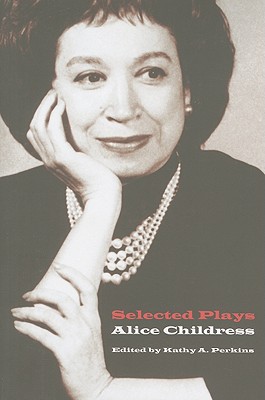As the first African American woman to have a play professionally produced in New York City (Gold Through the Trees, in 1952) and the first woman to win an Obie for Best Play (for Trouble in Mind, in 1956), Alice Childress occupies an important but surprisingly under-recognized place in American drama. She herself rejected an emphasis on the pioneering aspects of her career, saying that “it’s almost like it’s an honor rather than a disgrace” and that she should “be the fiftieth and the thousandth by this point”—a remark that suggests the complexity and singularity of vision to be found in her plays. Childress worked as an actress before turning to playwriting in 1949, and she was a political activist all of her life.
Spanning the 1940s to the 1960s, the plays collected here are the ones Childress herself believed were her best, and offer a realistic portrait of the racial inequalities and social injustices that characterized these decades. Her plays often feature strong-willed female protagonists whose problems bring into harsh relief the restrictions faced by African American women. This is the first volume devoted exclusively to the work of a major playwright whose impact on the American theater was profound and lasting.
Spanning the 1940s to the 1960s, the plays collected here are the ones Childress herself believed were her best, and offer a realistic portrait of the racial inequalities and social injustices that characterized these decades. Her plays often feature strong-willed female protagonists whose problems bring into harsh relief the restrictions faced by African American women. This is the first volume devoted exclusively to the work of a major playwright whose impact on the American theater was profound and lasting.










